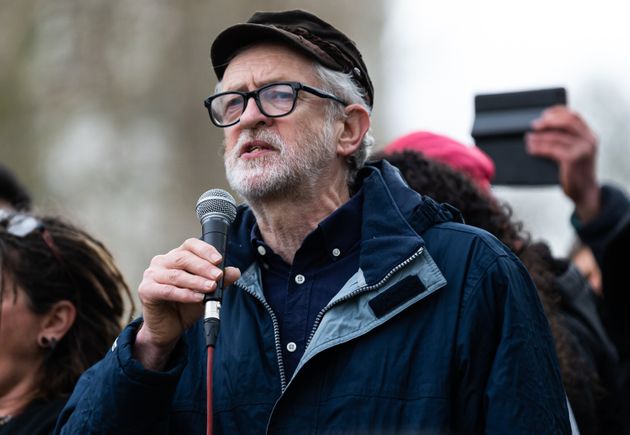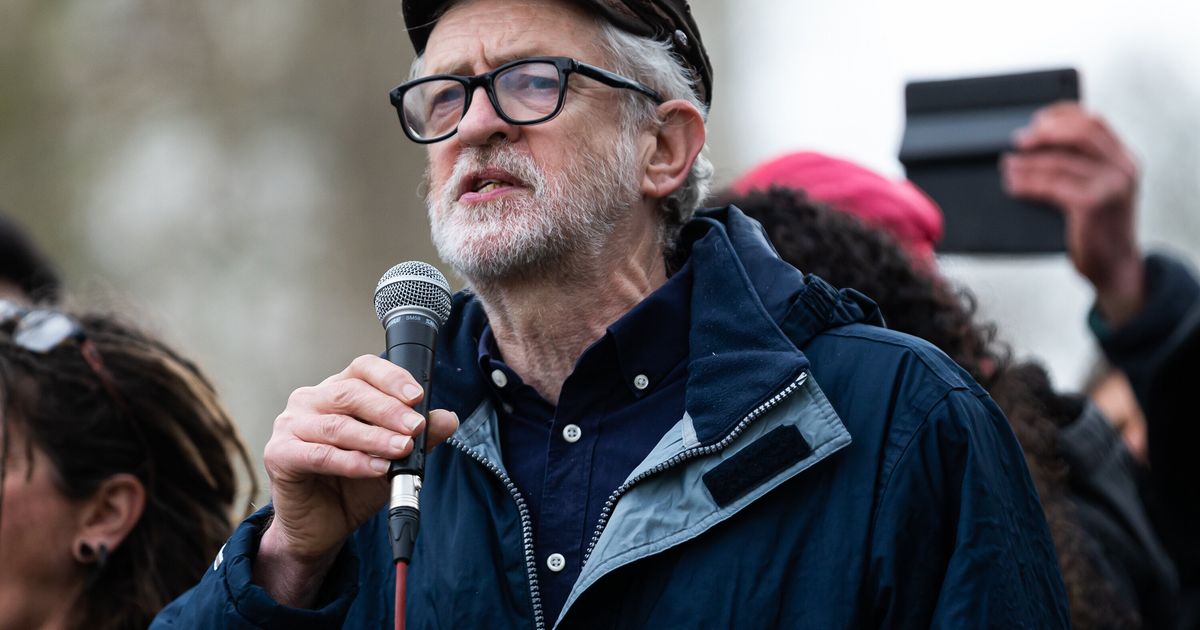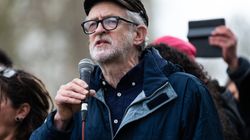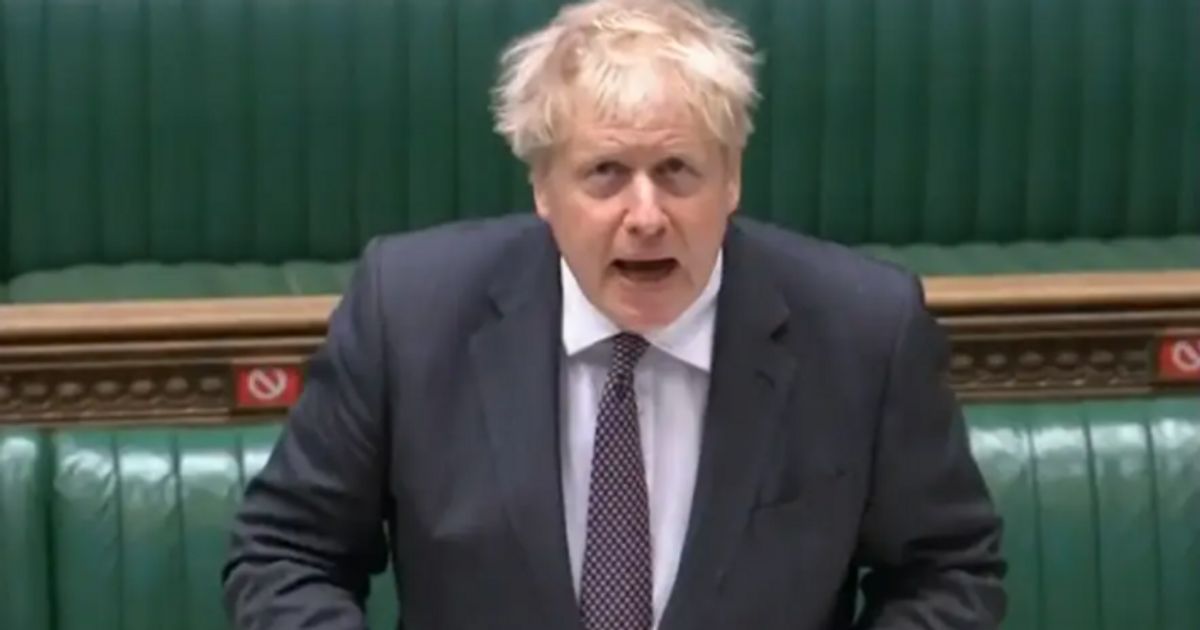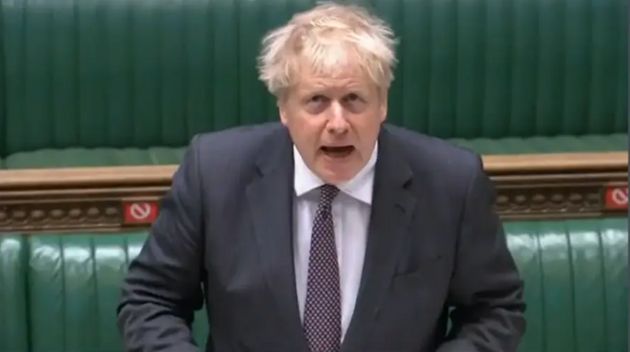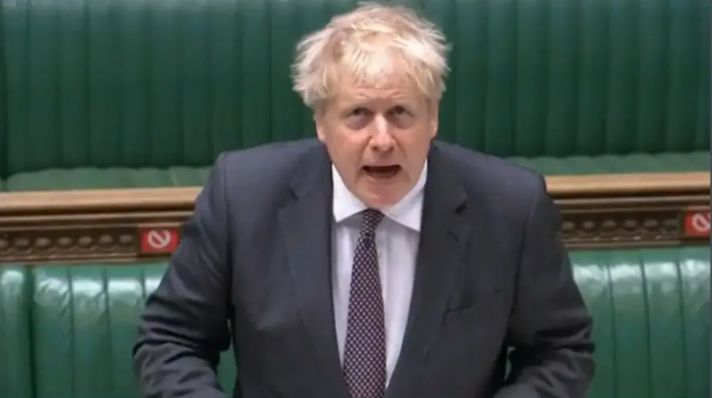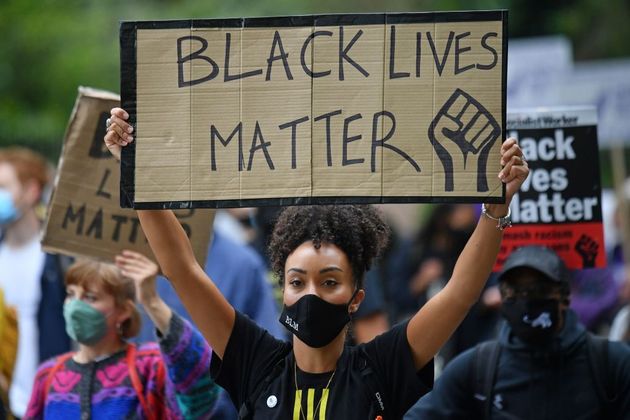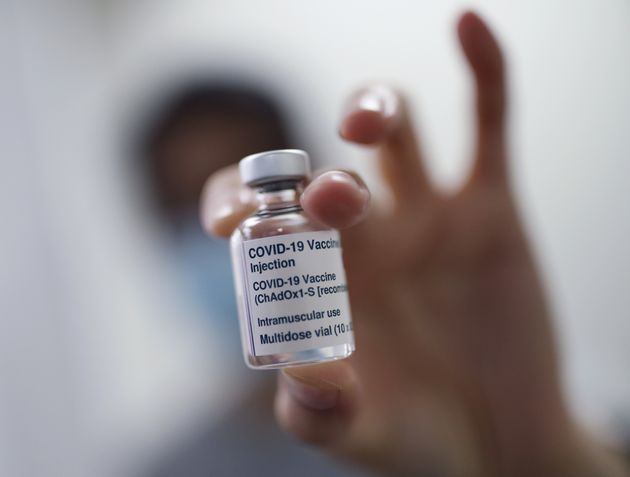The possible introduction of domestic vaccine passports in England has been hailed as “useful for us as we go forward” but also been branded “dangerous” and “discriminatory”.
Prime minister Boris Johnson has suggested that vaccine certification has a role to play as the nation seeks ways to safely ease out of lockdown.
But a cross-party group of politicians, including some Conservative MPs, fear a vaccine passport scheme could be “divisive”.
This is how they might work and why they are controversial.
How could a vaccine passport scheme work?
Any scheme is likely to go beyond just showing whether someone has had a vaccine – as jabs are not mandatory – but would also cover whether they have had Covid-19, and so are likely to have antibodies, or if they have had a recent negative test.
The finer details of how any scheme could work remain unclear but the Government is expected to issue an update on its plans this month.
Where could they be used?
Culture secretary Oliver Dowden has suggested that vaccine passports will not be introduced on a “permanent basis” but they could be a beneficial “tool in the short term” to safely reopen venues.
This could potentially include hospitality venues, music events and theatres.
Johnson has suggested a certificate could give “maximum confidence” to businesses and customers as society reopens.
Last week, he said it “may be up to individual publicans” whether they carry out health certificate checks on punters before allowing them into their premises.
It could mean pub landlords may be able to scrap social distancing if they check Covid health certificates on entry, and allow them to operate at much higher capacity.
On an international level, some countries are already working on requirements for people to prove their status before arriving. The European Union is working on a digital green certificate showing if someone is vaccinated, has a negative test or has recovered from Covid-19.
Has there been opposition to the idea?
More than 70 MPs, including 40 Conservatives, as well as peers from the House of Lords, have launched a campaign to oppose the introduction of vaccine passports in England, claiming they would be “divisive and discriminatory”.
A pledge, signed by former Labour leader Jeremy Corbyn as well as other prominent figures such as Conservative former leader Sir Iain Duncan-Smith, Labour former shadow chancellor John McDonnell and ex-Lib Dem leader Tim Farron, warns the Government against bringing in the scheme.
Baroness Chakrabarti, who warns that using coronavirus certificates could create a “checkpoint Britain,” told BBC Radio 4’s Today programme: “It’s one thing to have a passport to travel internationally, that is a privilege, even a luxury, but participating in local community life is a fundamental right.”
What about the hospitality industry?
The British Beer and Pub Association (BPPA) fears that a move to recommend that pubs and other hospitality venues must demand proof of immunity from people to allow them to enter – with the threat of fines for venues if non-compliant – could prevent millions of young people visiting the pub for months, unless they get themselves tested in advance.
BBPA chief executive Emma McClarkin says vaccine passports could feel like they are discriminating against sections of the population who have not had the jab, such as pregnant women.
Are any test events planned?
Reports suggest a series of pilot tests for certificates are being planned, which could include the FA Cup final and other sporting events in May.
The England and Wales Cricket Board is also exploring the possibility of using coronavirus passports to allow fans into County Championship games this summer.
With a date of June 21 in mind, the ECB’s managing director of county cricket, Neil Snowball, said: “It is going to be a question of balancing three things.
“One, if there is going to be some sort of passport or Covid certification, second is testing, third is some sort of social distancing and we have said we will do whatever we are asked to do to make sure we can get the maximum number of people back.
“The ideal would be some sort of certification with an element of social distancing and probably wearing masks.”
What issues could delay the plans?
The easing of restrictions is dependent on the continued success of the coronavirus vaccine rollout and further reductions in infection rates.
Capacities at sporting events will also be determined by the success of a number of pilot events taking place from mid-April.







